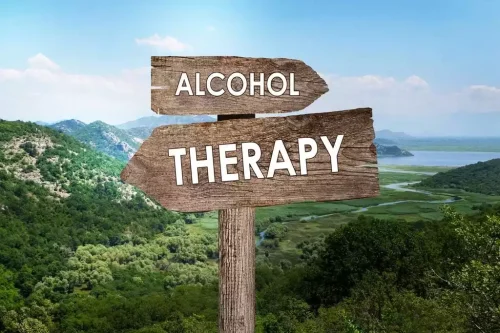
If you’ve returned from rehab and picked back up at your old job, similar to living in your former home and friends, you run the risk of a relapse. Returning to a routine you’re familiar with — when you were engaged in alcohol — isn’t healthy. Obviouosly, you don’t want to put yourself in financial danger, but if your job was a factor in your drinking, then you need to put your needs first.

Staying Sober: 13 Strategies
This article discusses the meaning of sobriety and arms you with information and strategies to smooth—and stay on—your path to wellness. So, I want sobriety to be something that people are more curious about and accepting of—it’s fun and exciting and an incredible opportunity for nearly anyone. It’s something that’s going to open so many doors by giving you more energy, more confidence. A sponsor or mentor is someone you look up to that has typically been clean for a long time and can act as extra support for you. Places tips to stay sober like alcoholics anonymous or other support groups are great ways to find a possible sponsor.
Build a Healthy Lifestyle
- Getting outside connects us to nature and can make us feel alive.
- Both can happen as your brain chemistry adjusts to life after alcohol abuse.
- You may not be comfortable telling others you don’t drink anymore and can still be confident with a non-alcoholic drink in your hand.
You may want to start an exercise routine — exercise releases brain chemicals called endorphins, which can make you feel good. Or you might rather spend time volunteering for a good cause, like an animal shelter or children’s hospital. Whatever it is, new activities can lead to new friends with interests like yours.
Avoid Old Haunts

Loving and encouraging family and friends can definitely help support your journey to become sober. Getting support doesn’t have to mean going to rehab, although that is an option. Support can also look like joining in-person and online support groups. One 2020 study found potential benefits of combining in-person and online support methods. One study found that 68% of people treated in a detox unit experienced moderate alcohol withdrawal symptoms. You can expect certain alcohol withdrawal symptoms such as sleep disruption to occur, though some people can experience seizures and other severe symptoms.
- Being sober can be stressful, but it doesn’t need to be — and it certainly won’t be forever.
- In long-term sobriety, you’ll likely have to navigate cravings, mental health struggles, and readjusting to day-to-day living.
- In your imagination, give the ball to your past self and watch as your love surrounds and eventually engulfs them.
Therapy combined with an AUD program tends to lead to a high recovery success rate. The growth stage is all about improving and moving forward. During this period, you can expect to develop new skills you may have never learned that made you more susceptible to AUD in the first place.
- It’s not perfect, but it is closer to it than I’ve ever lived before.
- Even short-term accomplishments should be celebrated for those struggling with addiction.
- In addition, it’s created an intimate closeness with God.
- In addition to being able to recognize them, it’s important to know when to seek help.
